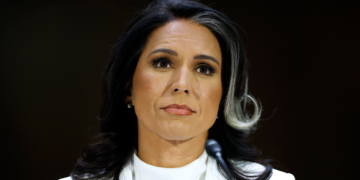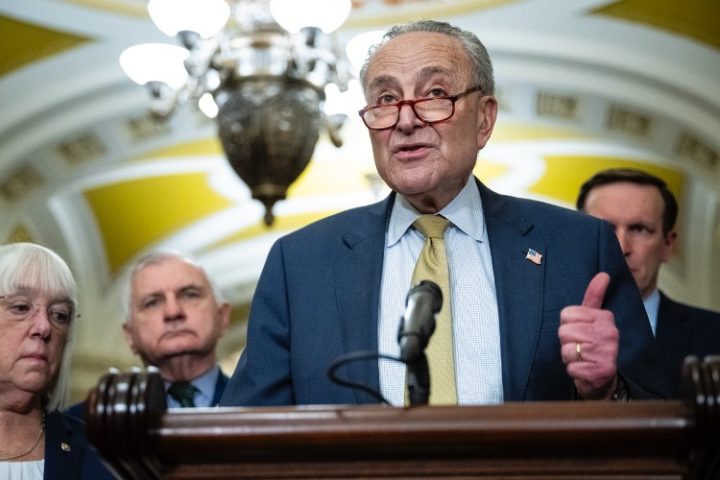A new U.S. intelligence estimate says that the war in Ukraine has cost Russia close to 90 percent of its prewar combat power.
The Kremlin’s reaction: shrug.
The new intelligence assessment says 315,000 Russian personnel have been killed or wounded since the February 2022 invasion, from a prewar force of 360,000. Russia has also lost two-thirds of its 3,500 tanks. Another study found that in two-months of battle for the town of Avdiivka in the Donbas, Russia suffered 13,000 casualties, or 3,000 for every square mile captured.
Reports like this may sound like bad news for Russia. After all, those losses are the equivalent of having two D-Days a month for 20 months. It would be like losing the entire U.S. Marine Corps — twice. It is around the same number as all U.S. casualties in World War I. And the losses are piling up about 20 times faster than Soviet casualties in Afghanistan in the 1980s, a war Mikhail Gorbachev then called a “bleeding wound.”
This is all bad news for Russia. But in the grim calculus of the Ukraine war, it is worse news for everyone else, because the conflict grinds on regardless. There are several reasons to be concerned:
First, this report reinforces the fact that Vladimir Putin does not care about casualties. The Kremlin has ample cannon fodder, and a much deeper mobilization base than Ukraine. Russia can fight an attrition war that the Ukrainians cannot. And Putin seems to pay no political price for bleeding his own country.
Second, Russia holds the ground. Ukraine’s eagerly anticipated 2023 offensive fizzled. There have been minor advances here and there, but not enough to claim substantive military progress and set the groundwork for larger offensive action. And Russia has also made some small advances, rendering the war a virtual stalemate. The ground Russia occupies is the territory it wanted to take — most of the rest of Donetsk and Luhansk that it first invaded by proxy in 2014, and the land corridor to annexed Crimea. Yes, Putin would like all of Ukraine and believes the country is artificial and has no right to exist, but Moscow would surely be satisfied with what it has — for now.
Third, Ukraine is running out of political support. We are coming up on year two of the war in February. Weakening support is evident in the United States and elsewhere. And this is not because Ukraine’s cause has lost its justice or its strategic importance. But the lack of success is telling, and facts on the ground count for more than good intentions.
What this means for the future of the conflict or for U.S. policy is hard to say — but unless something dramatic changes, it looks as though Putin is getting away with it.
Shop For Night Vision | See more…
Shop For Survival Gear | See more…
-
Sale!

Tactical Camo Nylon Body Armor Hunting Vest With Pouch
Original price was: $49.99.$39.99Current price is: $39.99. Select options This product has multiple variants. The options may be chosen on the product page -
Sale!

Japanese 6 inch Double Edged Hand Pull Saw
Original price was: $19.99.$9.99Current price is: $9.99. Add to cart




















































